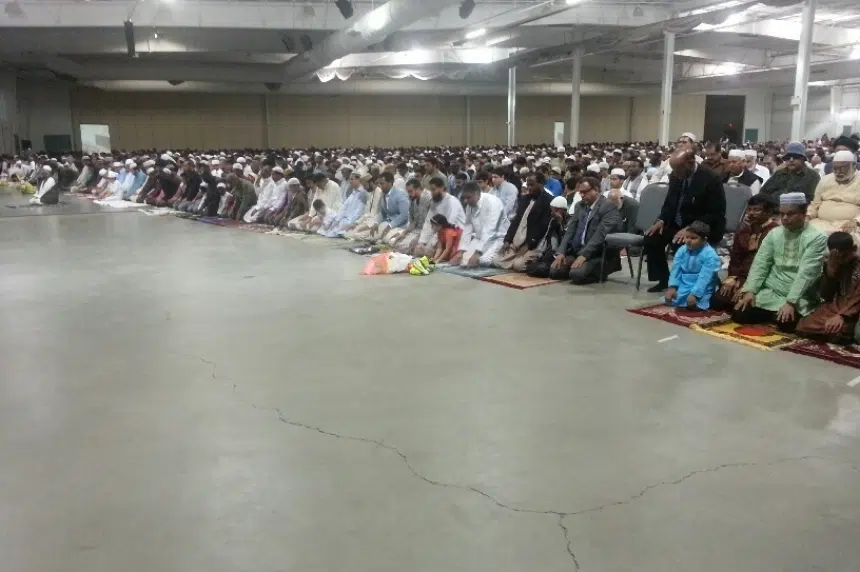Muslims around the world began the holy month of Ramadan on Monday.
Ramadan is the ninth month on the Islamic lunar calendar. Each year, Muslims spend the month fasting from just before sunrise until after sunset — meaning they don’t eat or drink during daylight hours.
Mubarik Syed, a spokesperson for Saskatoon’s Ahmadiyya Muslim Jamaat, called it “a refresher course” for the faithful.
“All those rights given to us by God, we give up for a certain time for His sake, for seeking His nearness,” he told 650 CKOM on Monday morning.
Syed said there are rules against pregnant or breastfeeding women and pre-pubescent children taking part in the fast. There are also exemptions for people who are sick or travelling.
Due to the longer daylight hours at more northern latitudes, Ramadan fasting lasts several hours longer in Saskatoon than the parts of the Middle East and Asia where most of the world’s Muslims live.
Syed said he didn’t mind the difference.
“Longer days are longer fasts of course,” he said. “But at the end of the day, it’s all related to your belief.”
He added that, beyond faith, he actually finds it easier to fast in Saskatoon than in his former home in Pakistan, where temperatures at this time of year can be punishing.
“I don’t mind it because the weather’s much more pleasant here than in Pakistan or many parts of the Middle East. (Over there), you’re thirsty all the time, you want water,” he said with a chuckle.
Syed finished by noting that for many Muslims, Ramadan is also a time for doing charitable works in the community, helping those in need and making resolutions for how to live the rest of the year.
“This month is a very special month for Muslims,” he said. “I would like to appeal to all my Muslim brothers and sisters to pray for peace and pray for humanity.”







